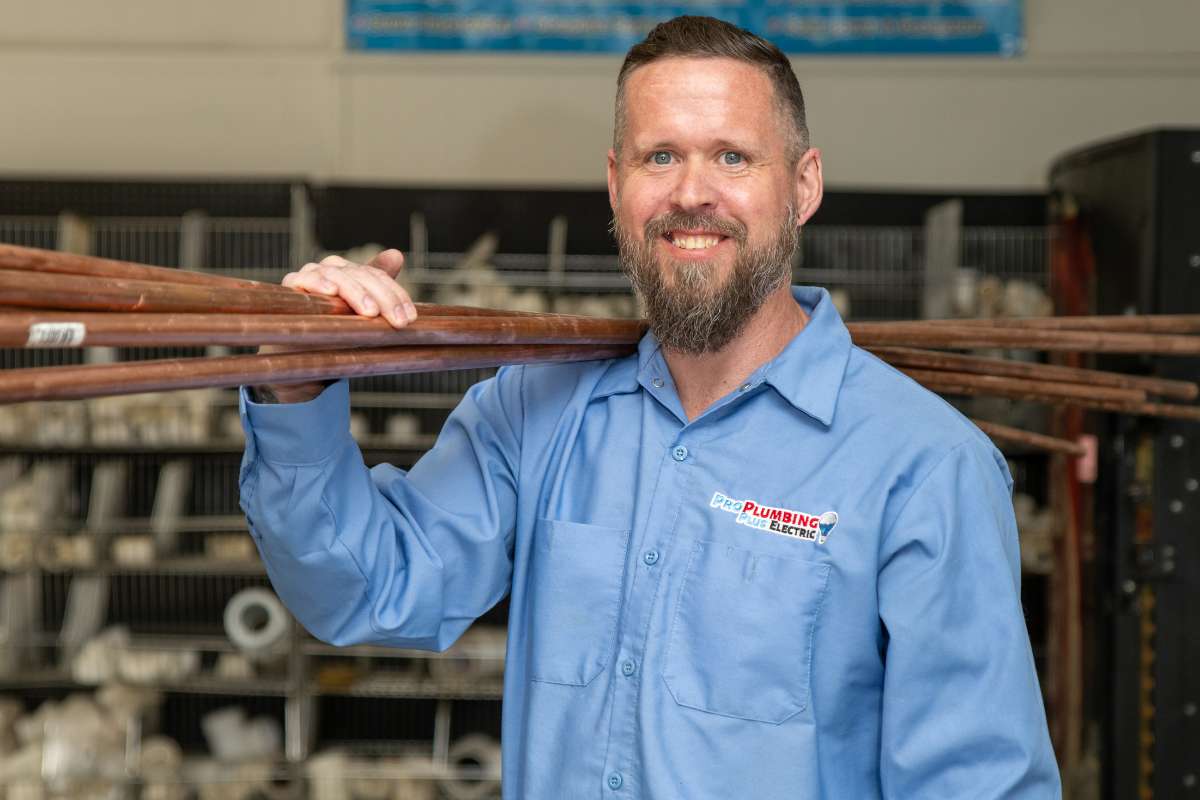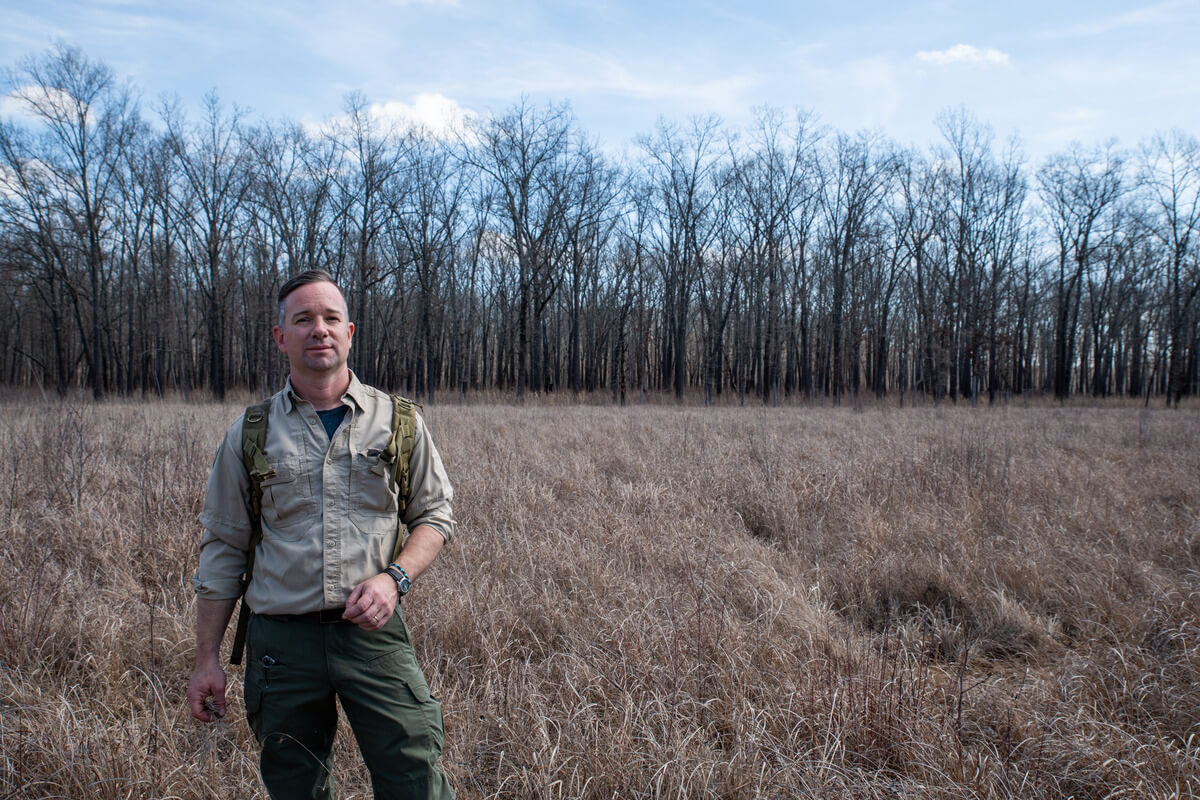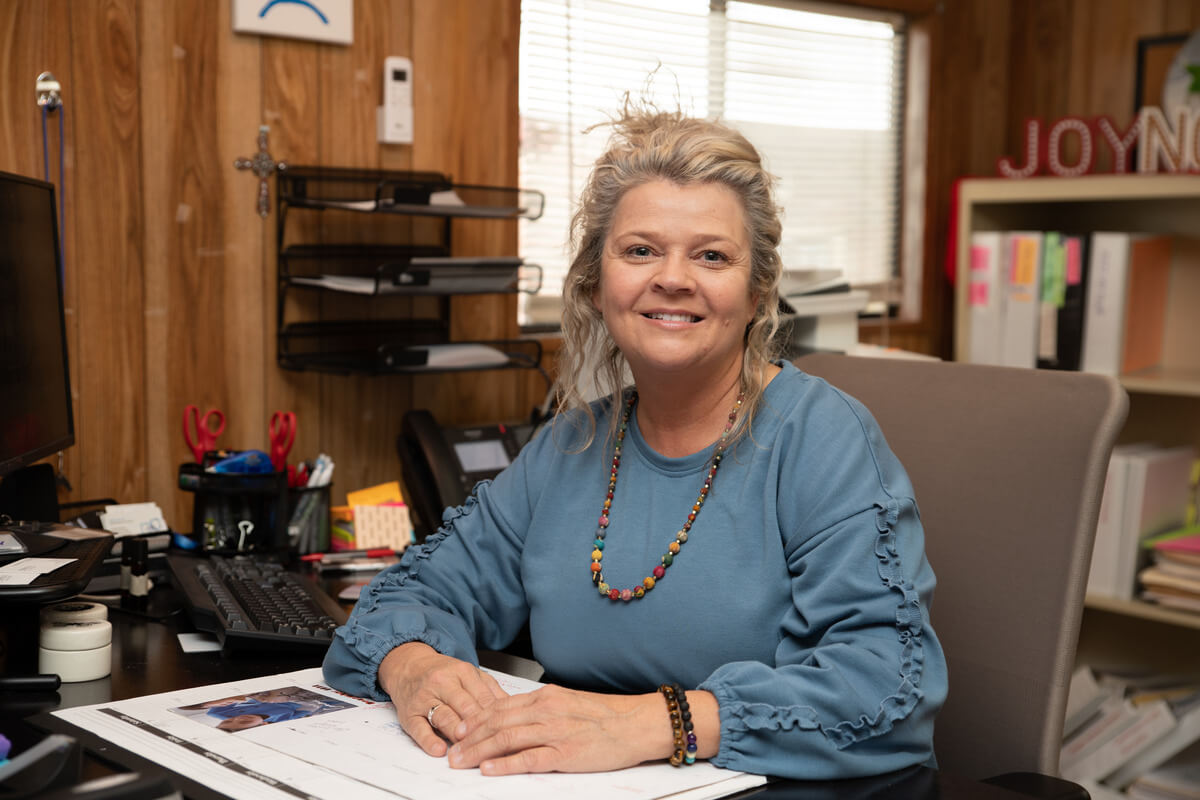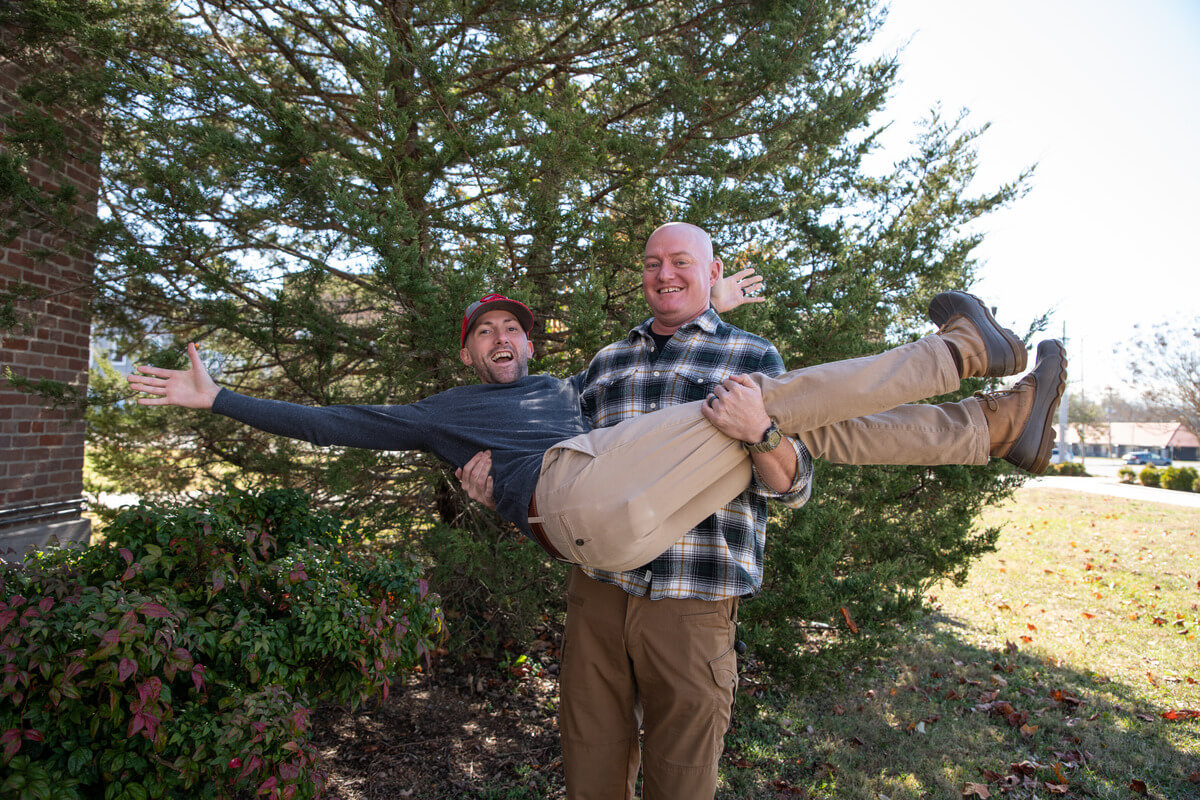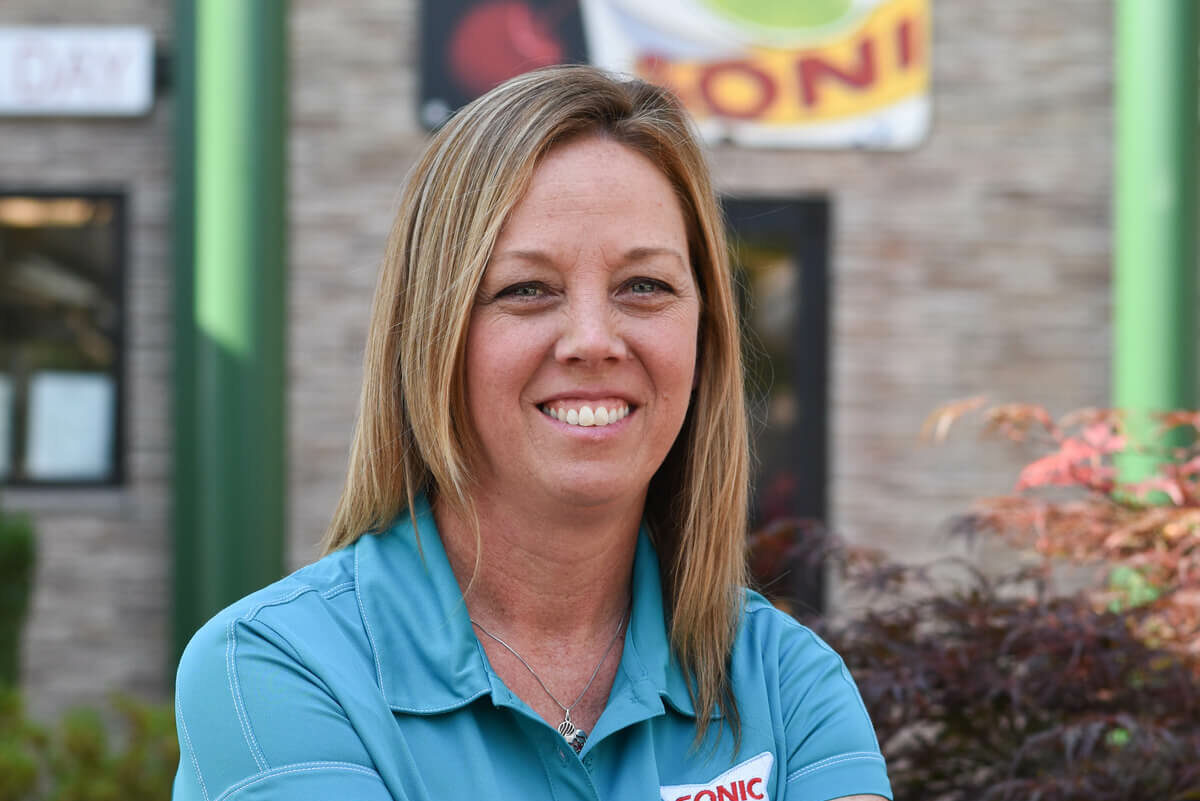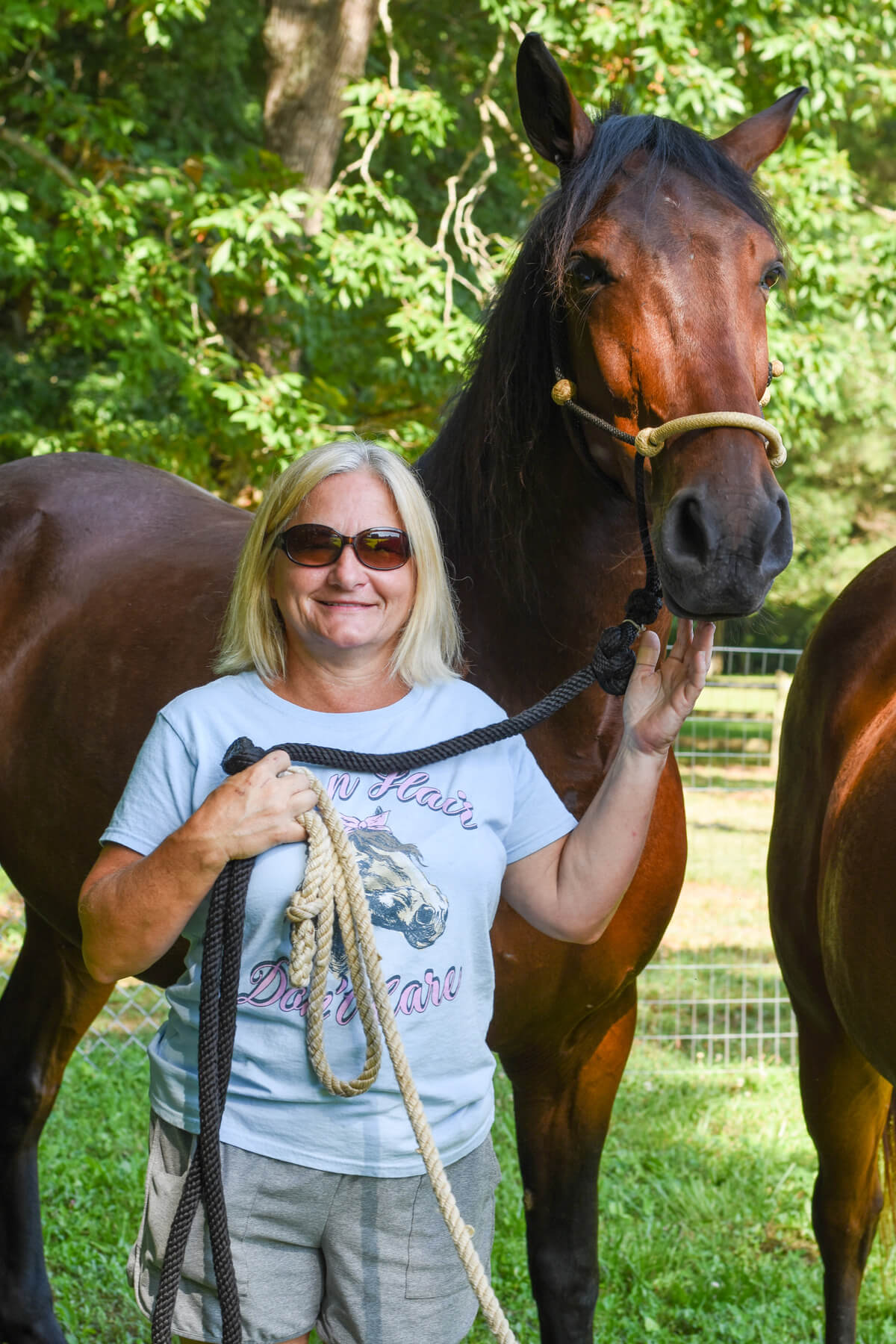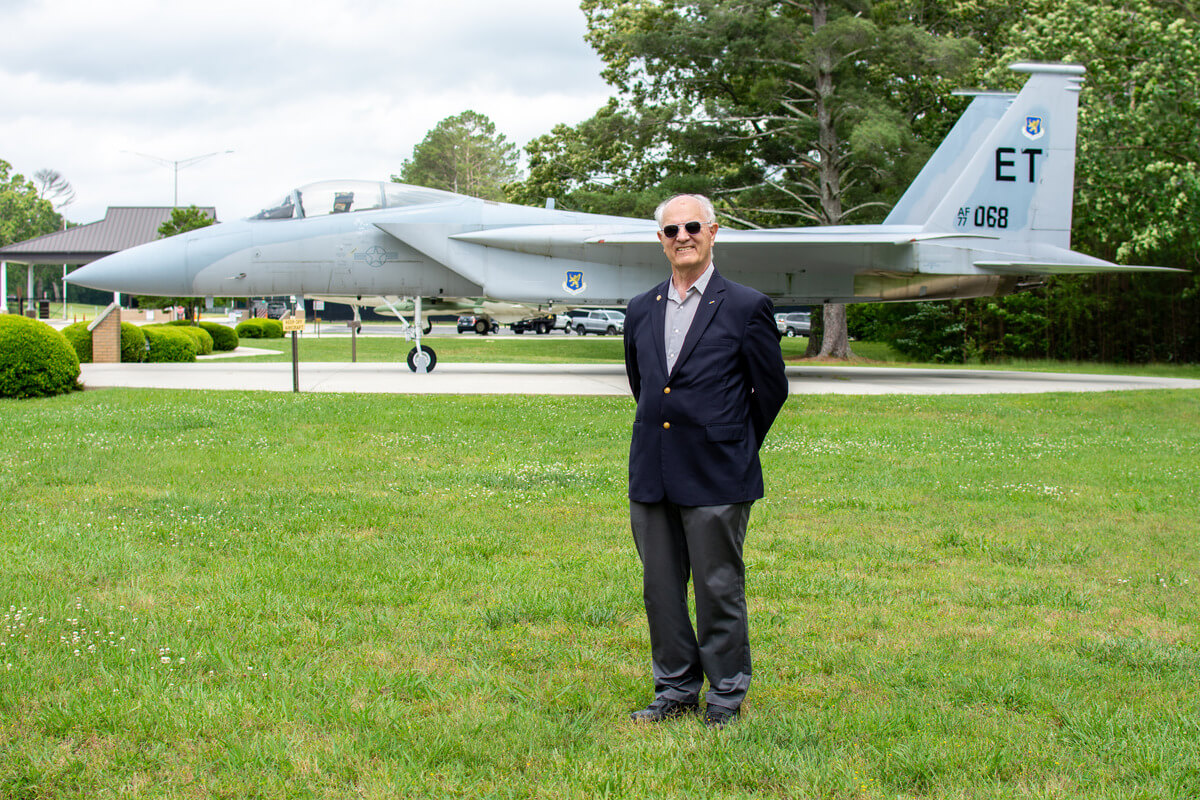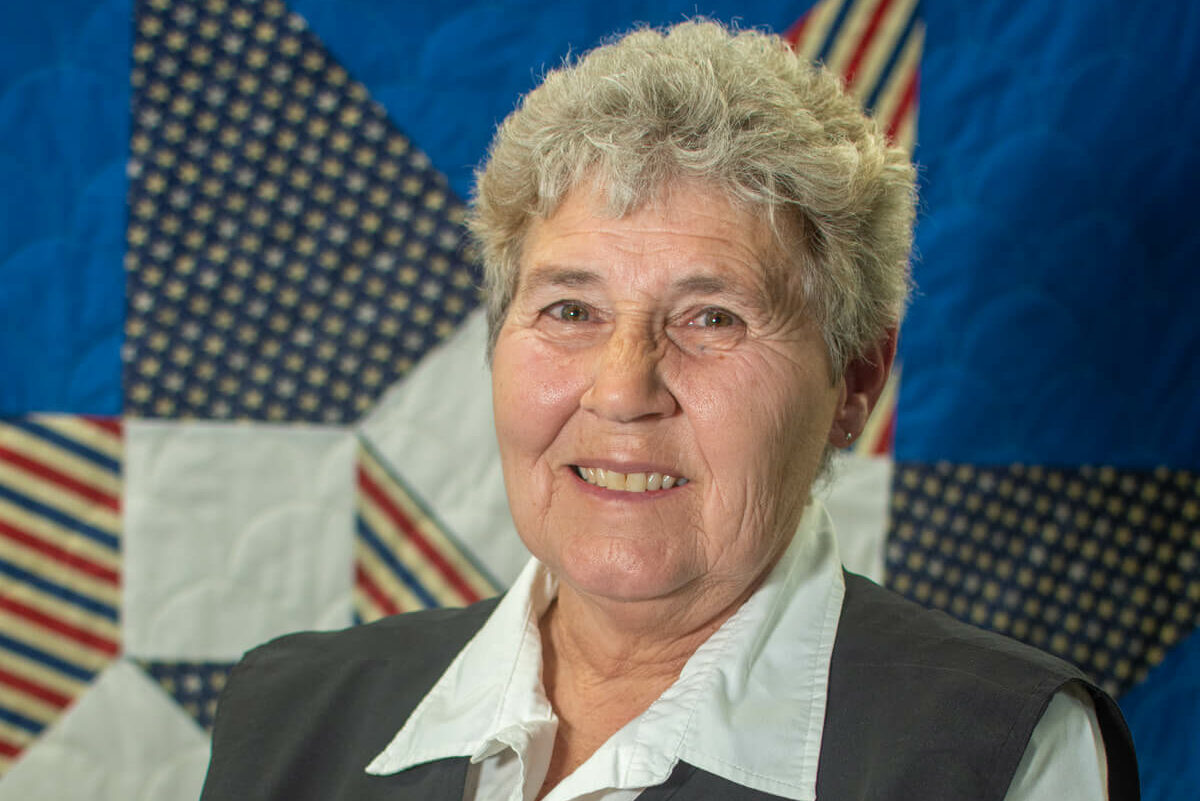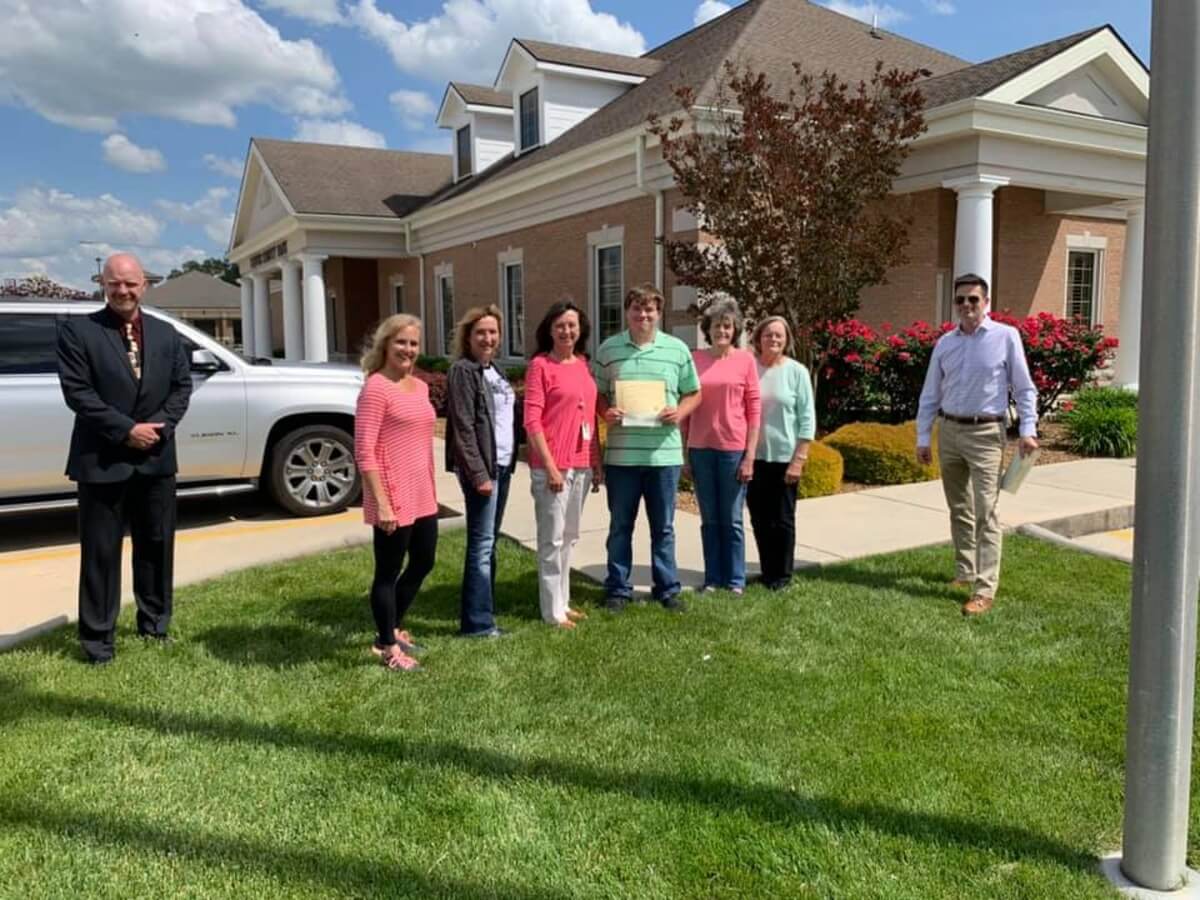THE MANCHESTER and Tullahoma areas have grown remarkably over the past decade, presenting opportunities and challenges. As the community flourishes economically, it becomes imperative for community leaders to effectively manage this growth and uphold a high quality of life. Embracing this expansion, they must strive to strike a delicate balance that guarantees a sustainable and thriving environment, encompassing the air we breathe and our precious water resources, such as the renowned Duck River.
The Duck River is a true ecological gem. Yet, many remain unaware of the Duck River Watershed’s profound significance as it meanders nearly 300 miles through the heart of Middle Tennessee before merging with the Tennessee River at the Kentucky Lake. This scenic river landscape encompasses quaint towns, small cities, and serene rural beauty.
The Duck River Watershed proudly stands as North America’s most biodiverse waterways. Several unique and endangered aquatic species call the Duck River home. Beyond its natural wonders, the watershed generously provides over 300,000 people with vital water resources daily. This lifeline sustains not just our city but the lives of countless others.
To protect the Duck River Watershed and ensure sustainability in our community, it’s essential to attract businesses and industries that don’t unduly tax the watershed’s resources. We need to make sure these industries don’t draw water for their processes and manufacturing, only for it to evaporate and deplete the water supply.

Kevin Vann, the founder of the Duck River Watershed Society (DRWS), said, “That’s detrimental to any watershed, especially one that’s so fragile because we not only desire clean water but need to sustain 5,000 cubic feet flow per second throughout the entire waterway to sustain the river’s unique aquatic species.”
Christian Rieseberg, vice chair and treasurer of the DRWS, shared Vann’s sentiments.
“The Duck River is not an unlimited resource. And if that resource is over-tapped, that will have an ecological impact on the 650 aquatic species that inhabit the river system. We are pro-growth, but you’ve got to have a balance.”
United by a shared vision of safeguarding the Duck River Watershed, Vann and Rieseberg allied to raise awareness about the crucial importance of preserving the river’s biological resources and aquatic life. Recognizing the need for professionalism within their organization, Vann reached out to Christian Rieseberg, a retired nonprofit executive with over 30 years of experience.
Together, they immediately embarked on their mission to instill a sense of responsibility and dedication within the community, showcasing that their nonprofit operates with the utmost integrity.
“We want to show the community that this is a professional organization, in addition to the fact that we are environmental activists,” Kevin remarked.
Born and raised in the Manchester-Coffee County area, Vann’s love for adventure, nature, and environmental conservation blossomed amidst his surroundings. As a young boy, he often played in and explored the Duck River, nurturing a balance between progress and preservation.

In 1999, he embarked on a remarkable solo canoe expedition, traveling the entire 282-mile length of the river. Aside from serving the community as an environmentalist, Vann is a frontline intensive care unit/trauma registered nurse.
For Vann, creating the DRWS was an act driven by passion. It serves as a rallying point, uniting like-minded individuals who share an unwavering commitment to a cause they hold dear.
In their ongoing efforts, the organization has successfully organized two Duck River cleanup events, one in March 2022 and another in March 2023.
With the collective effort of over 125 devoted volunteers, they tirelessly worked to rid the waterway of tons of debris and garbage. The organization forged partnerships with entities such as Tennessee Valley Authority, Coffee County Middle School, Coffee County Waste, and many more. They intend to make these events an annual tradition.
This month, the DRWS organized a canoe trip retracing Vann’s inspiring 1999 adventure. This was the second three visits. This four-day adventure began in Henry Horton State Park.






